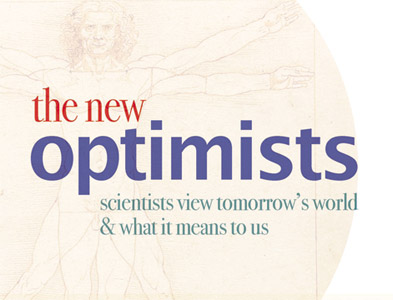 Some kinds of leukemia and myeloma have been traditionally very difficult to treat, and put patients through punishing chemotherapy which only sometimes worked. This situation has recently changed dramatically.
Some kinds of leukemia and myeloma have been traditionally very difficult to treat, and put patients through punishing chemotherapy which only sometimes worked. This situation has recently changed dramatically.
Charles Craddock Director of the Blood and Marrow Transplant Unit at University Hospital Birmingham NHS Foundation Trust says there are now exciting novel transplant and drug therapies, transforming patients’ lives, enabling many to live longer and fuller lives than was ever thought possible only a few years ago.
Charles Craddock is Professor of Haematolo-oncology at the University of Birmingham as well as Director of the Blood and Marrow Transplant Unit at University Hospital Birmingham NHS Foundation Trust. He has a particular research interest in the development of novel transplant and drug therapies in leukemia and myeloma. He also works with groups researching chromatin structure in acute-myeloid leukemia, mechanisms of drug resistance in myeloma and characterisaation of dysregulated signalling pathways in leukemia using proteomics.









